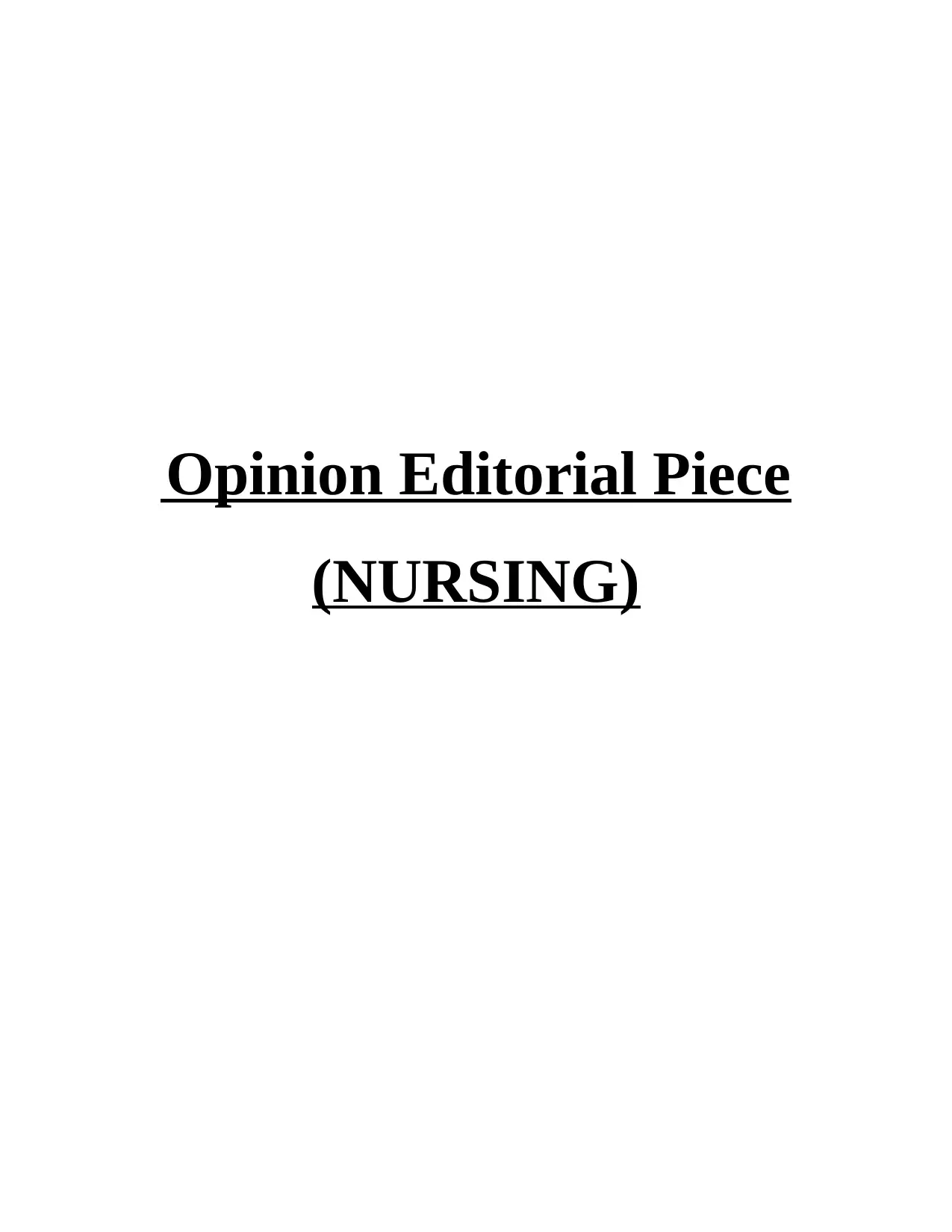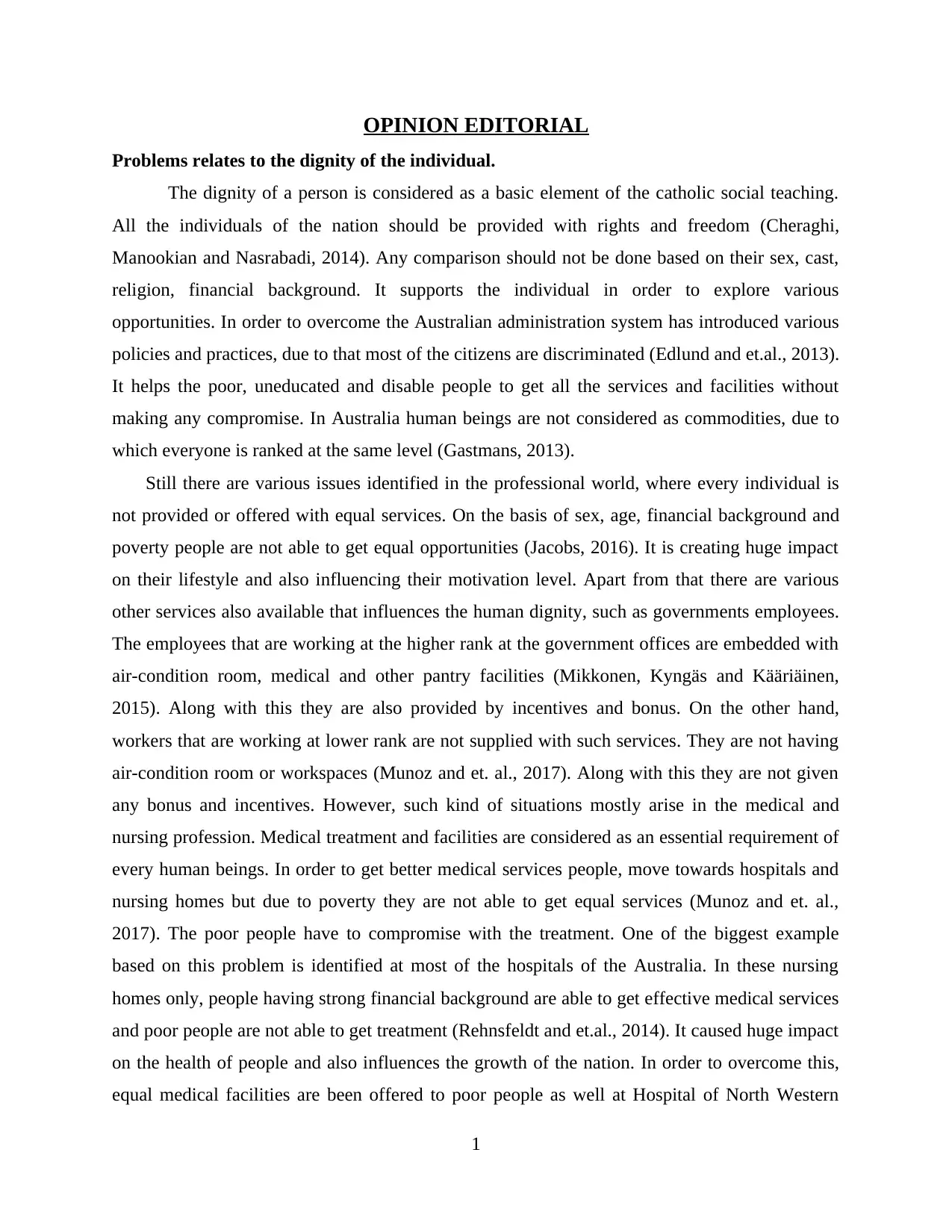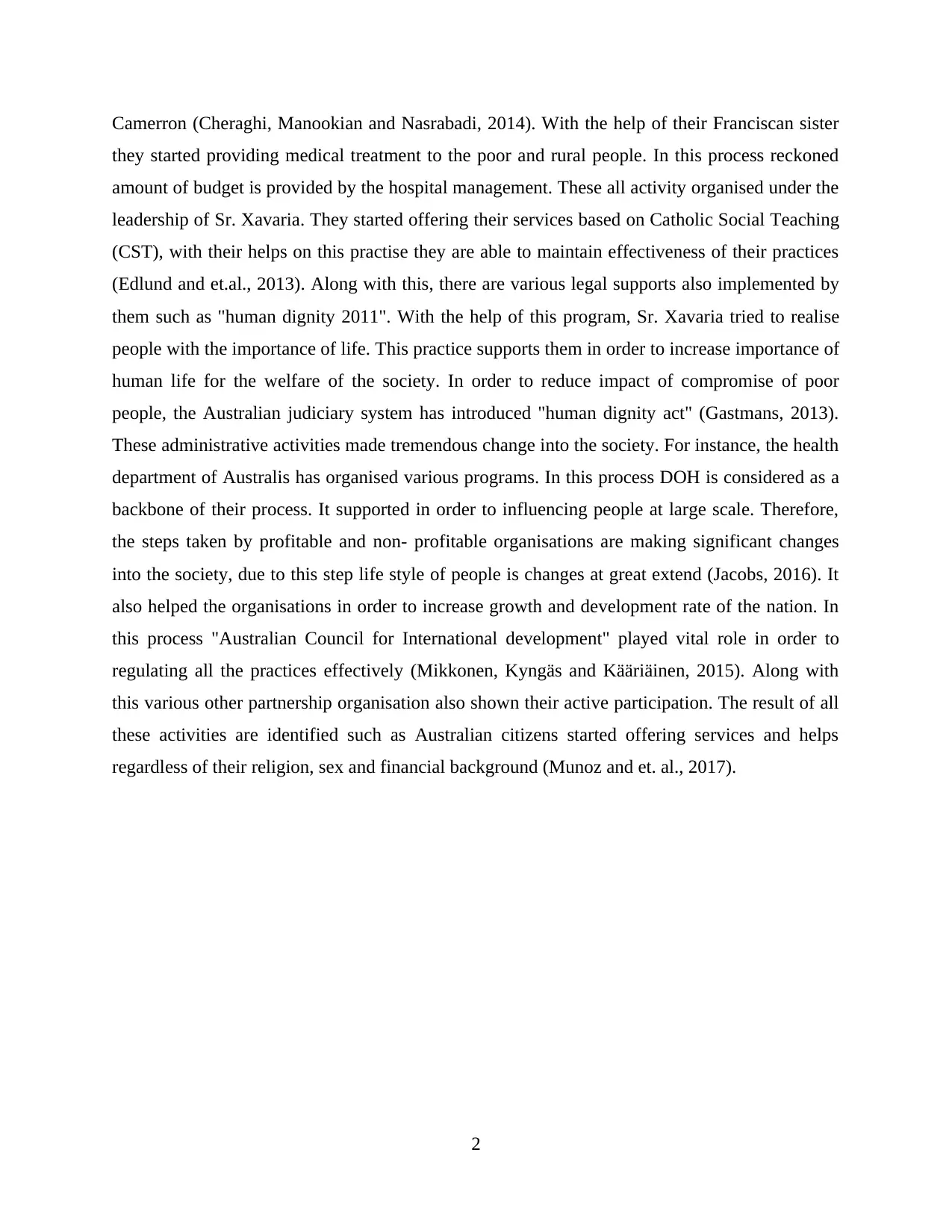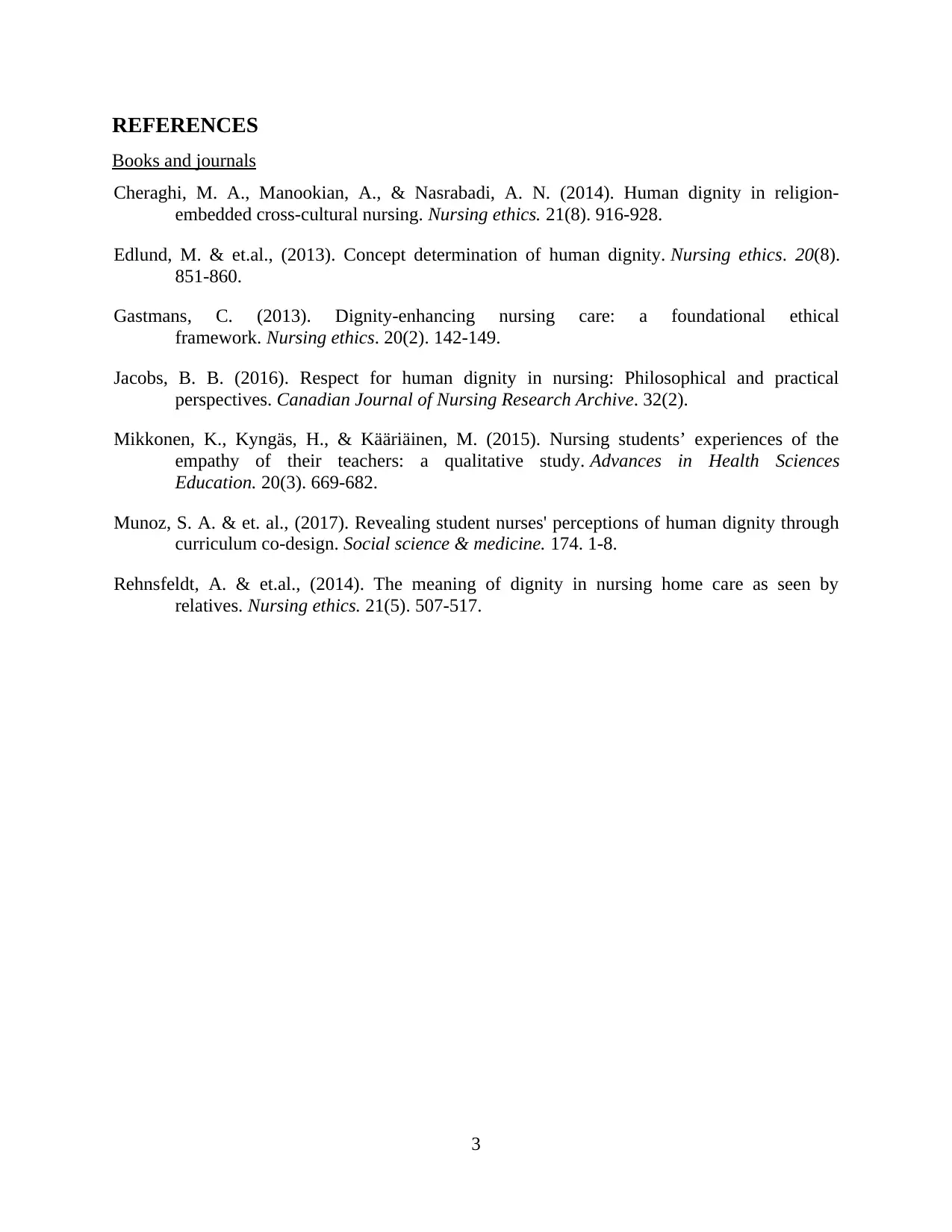Opinion Editorial: Human Dignity and Equal Healthcare Opportunities
VerifiedAdded on 2020/07/23
|4
|1118
|342
Essay
AI Summary
This opinion editorial piece examines the critical issue of human dignity within the Australian healthcare system, emphasizing the importance of equal opportunities and access to medical services for all individuals, regardless of their socioeconomic background, sex, or other differentiating factors. The author highlights the disparities that exist, where individuals with stronger financial backgrounds often receive superior medical care, while the poor face compromises in treatment. The piece references specific examples, such as the practices in some Australian hospitals, and discusses initiatives like those undertaken by the Hospital of North Western Camerron, supported by Franciscan sisters, to provide medical care to the underprivileged. The editorial also references legal and administrative actions, such as the 'human dignity act' and programs organized by the Department of Health (DOH), which aim to foster a more equitable healthcare environment. The piece concludes by acknowledging the positive changes brought about by both for-profit and non-profit organizations and the vital role of the Australian Council for International Development in regulating these practices, ultimately leading to improved access and quality of healthcare for all citizens.
1 out of 4






![[object Object]](/_next/static/media/star-bottom.7253800d.svg)